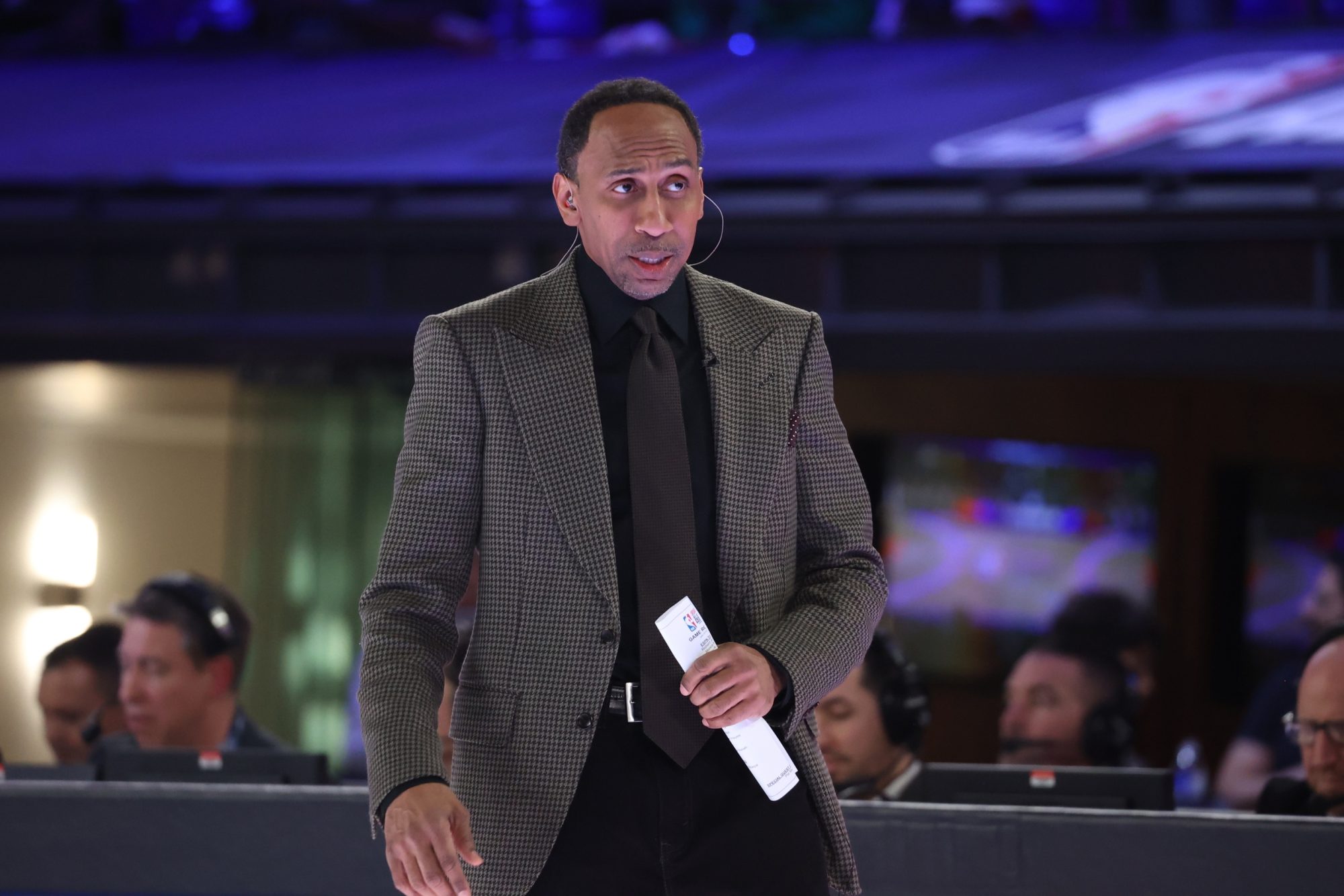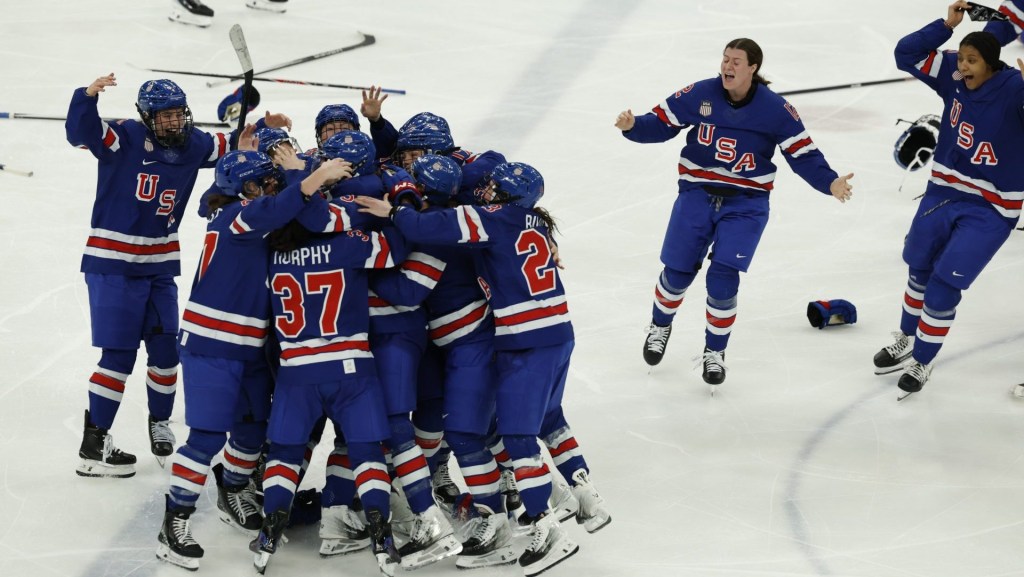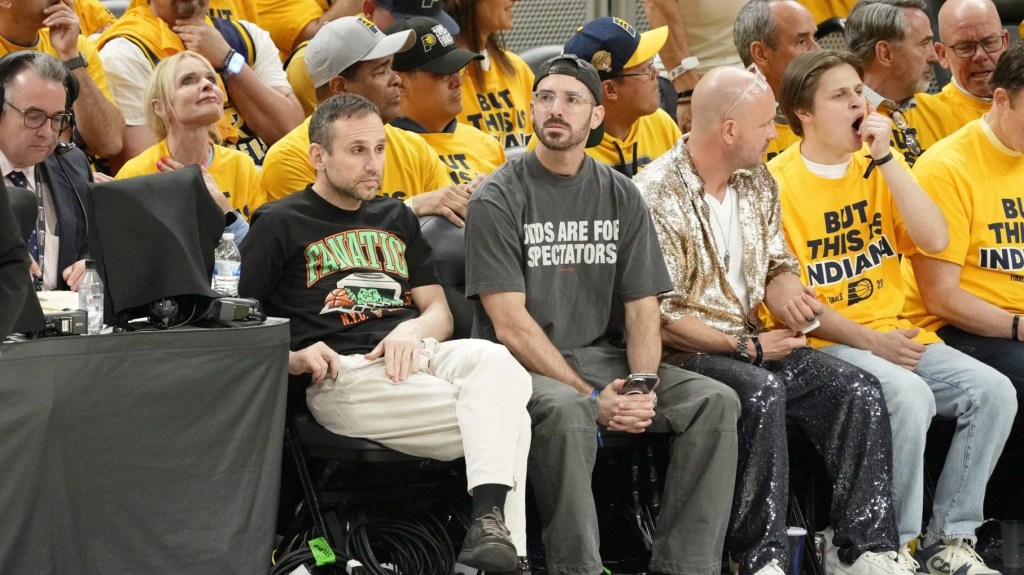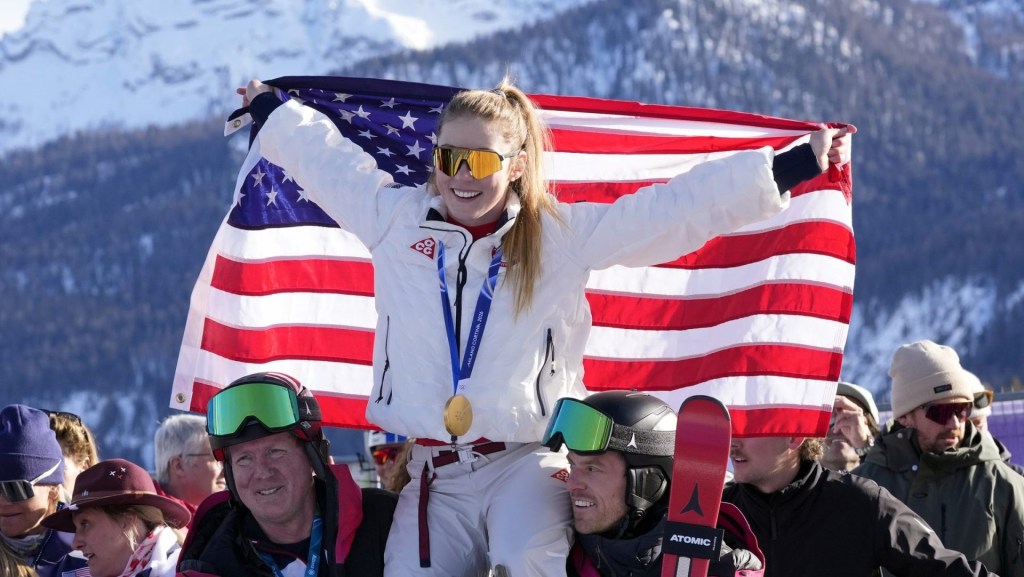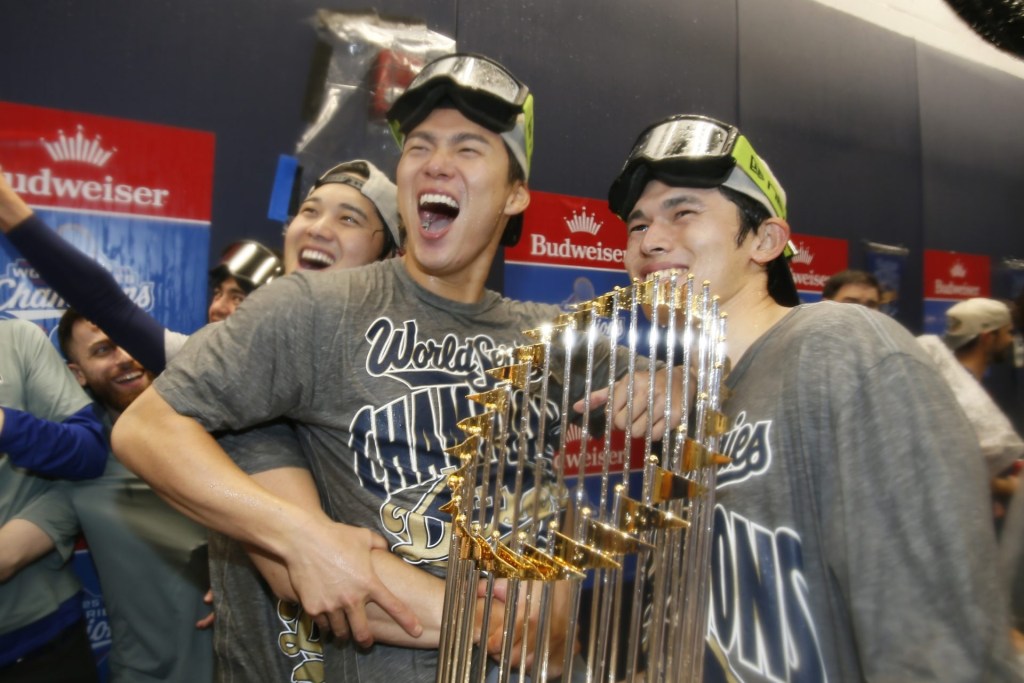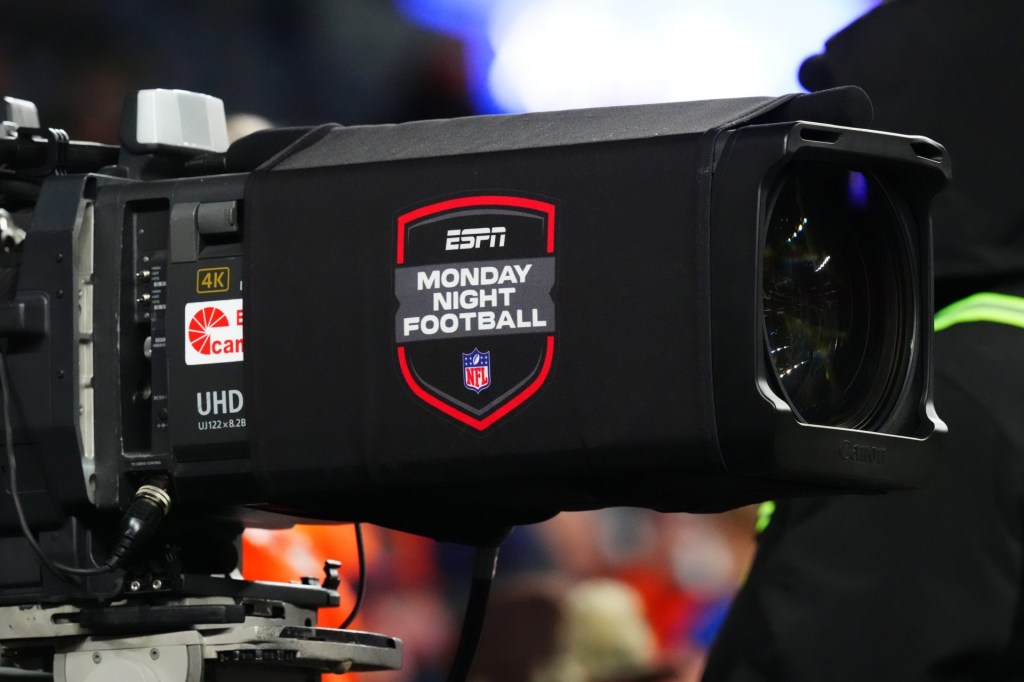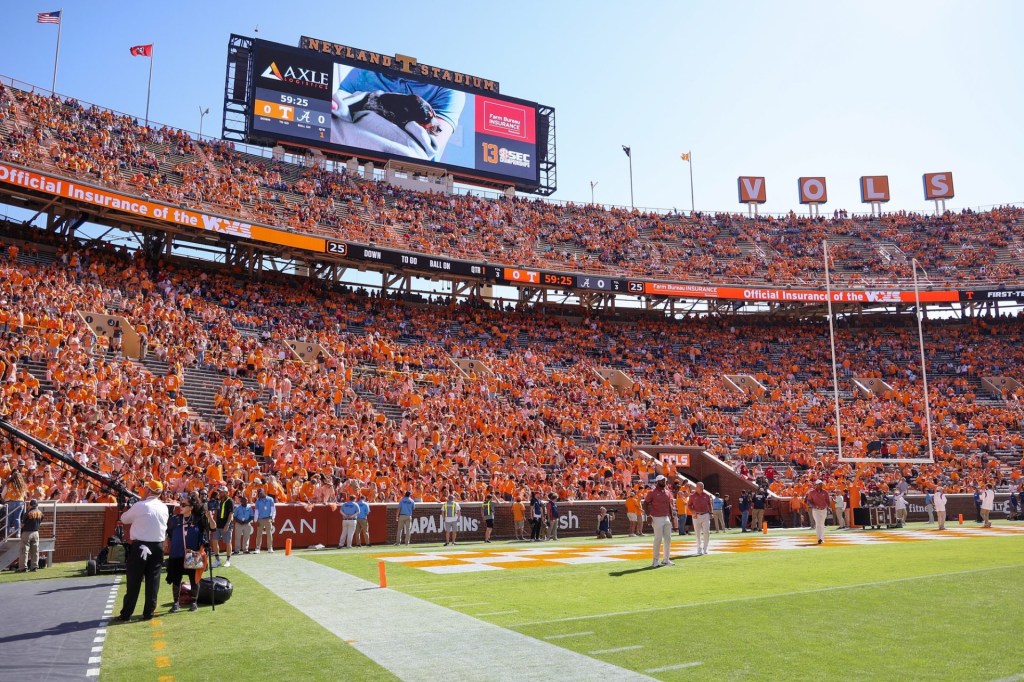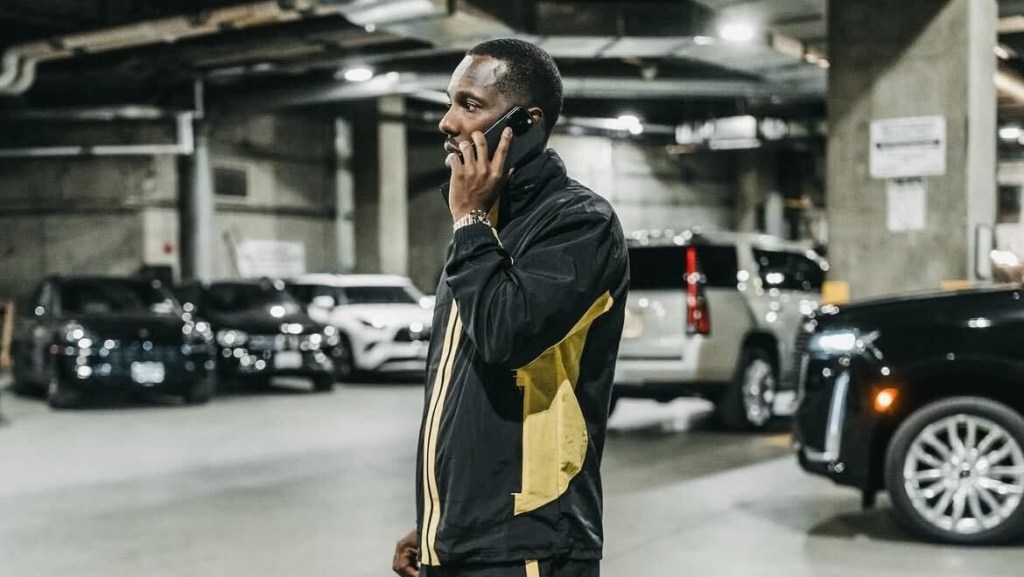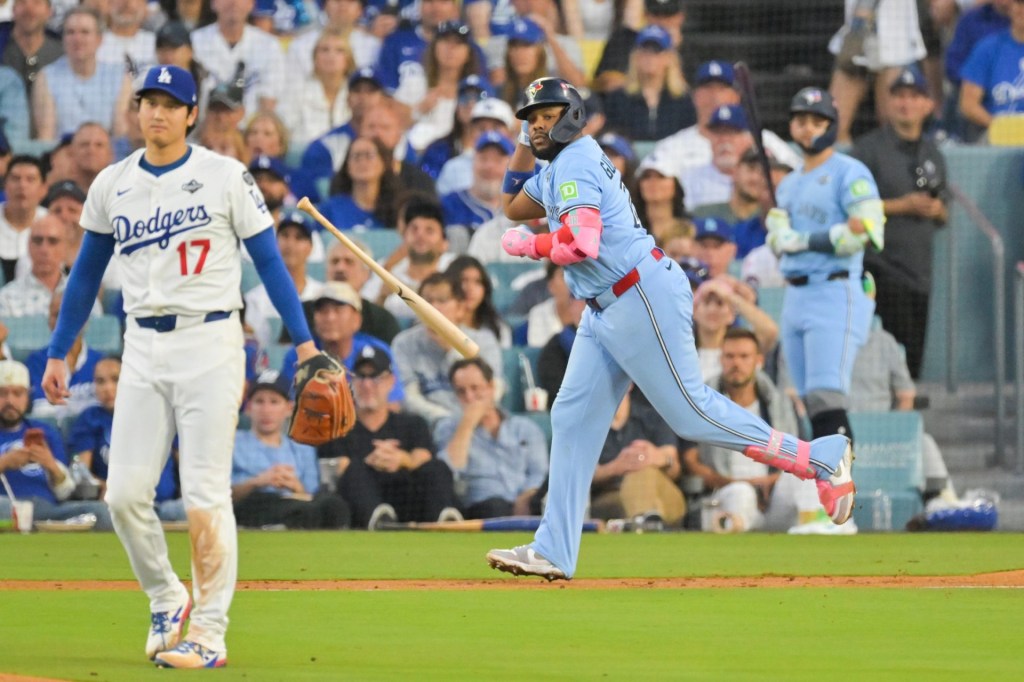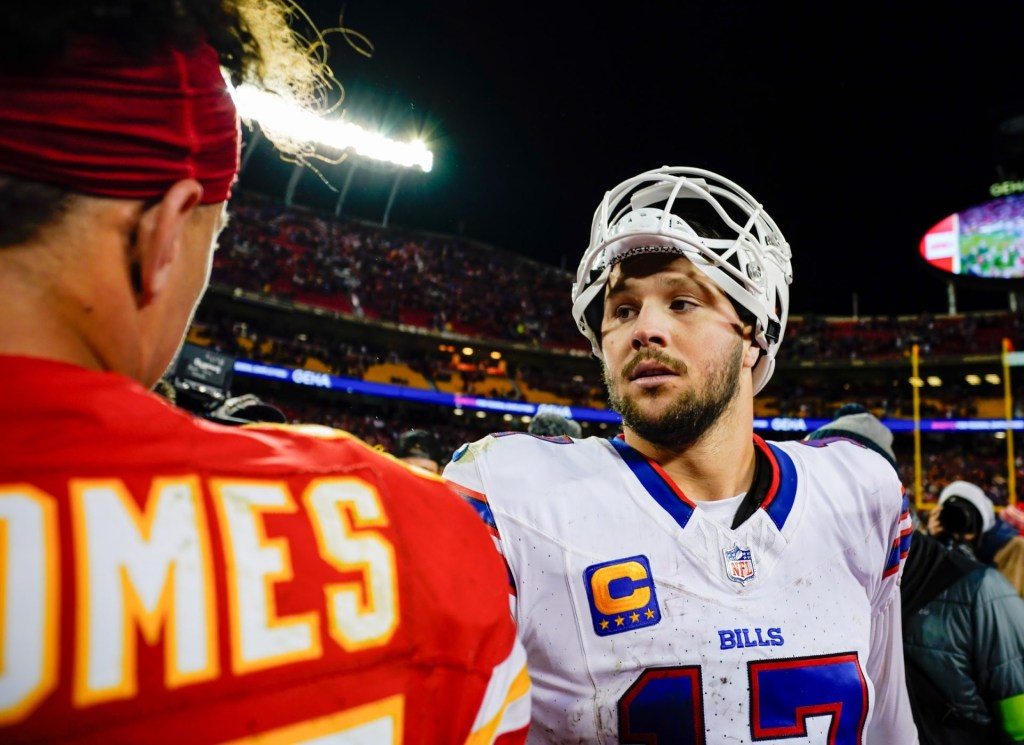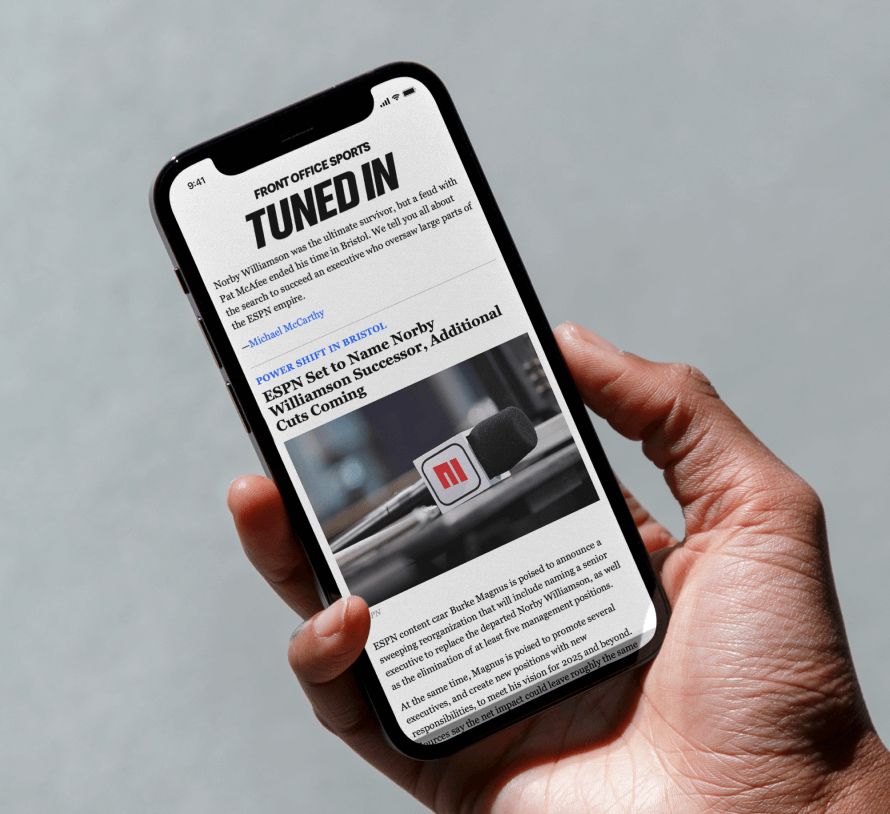Stephen A. Smith sounds like a man contemplating a move from ESPN—even if he stays within the aegis of ESPN’s parent, Walt Disney Co.
During Smith’s appearance at the BSM Summit Wednesday, I asked him about Jimmy Kimmel’s comment last month that the late night host might retire after his current contract expires in 2026. Fifteen months ago, Smith told Sean Hannity that he’d “love” to be considered “heir” to Kimmel—so I asked Smith, whose current ESPN contract expires in July, 2025: Is that still the case?
“I’d be very interested in succeeding him,” Smith answered. But only if his bosses at Disney, such as chairman Bob Iger, asked him to follow in Kimmel’s footsteps as ABC’s late night star.
If Smith were to leave for late night TV, he could provide another litmus test of the ability of ESPN personalities to leave their sports lane and find success in entertainment—and of how much of their celebrity is real, and how much is derived simply from being on ESPN’s air all the time.
Think about it. For every Robin Roberts, who successfully moved up from sports anchor to host of ABC’s Good Morning America, there’s a cautionary tale of an ex-ESPNer who flopped in entertainment.
HBO canceled former ESPN star Bill Simmons’s weekly late night show, Any Given Wednesday, just four and a half months after its debut in 2016. Simmons’s style of humor, it seems, didn’t translate from his columns and podcast to late night TV.
Over a decade before he joined ESPN, Joe Buck’s late night HBO show flamed out after only three episodes. I was in the live audience for the premiere in 2009, when comic Artie Lange viciously mocked the host. It was excruciating to watch. Joe Buck Live never recovered. “I had a show once at HBO. … Didn’t end all that well,” Buck recalled on Monday Night Football last season.
And Magic Johnson’s disastrous late night show, The Magic Hour, underlined the importance of having a talented comic in the cast. Panned as one of the worst TV shows in history, The Magic Hour was canceled after just three months, in 1998. (For what it’s worth: Kimmel and Stephen Colbert said on their Strike Force Five podcast that they turned down offers to be Johnson’s sidekick on The Magic Hour.)
One of the few sports personalities to succeed in late night was NBC Sports’ Bob Costas. But his various shows focused more on one-on-one interviews with newsmakers. In recent years, the biggest sports-world crossover stars have come from other networks, not ESPN. Michael Strahan jumped from Fox Sports to co-host ABC’s Good Morning America and the primetime $100,000 Pyramid. Nate Burleson has followed Strahan’s path, rising from NFL Network’s Good Morning Football to co-host of CBS Mornings and analyst on The NFL Today.
Jason Barrett, the president of Barrett Media, believes Smith would translate well to late night—but if Smith doesn’t pursue that avenue, Barrett believes Smith is on track to score what would be a record $25 million-per year contract from ESPN. “I’m surprised he didn’t do it five years ago,” says Barrett. “He’s a big enough star. Saturday Night Live parodies him on their show.”
But another prominent sports TV executive I talked to was not buying the idea of Late Night with Stephen A., saying: “That time slot’s for professional comedians. Stephen A. is not a comedian. He’s a creature of morning TV.”
For most of ESPN’s 44-year history, nobody was allowed to become bigger than the four letters. Well, tell that to the 56-year old Smith, who wears multiple hats as featured commentator and executive producer of First Take; lead analyst on NBA Countdown; and host and co-executive producer of NBA in Stephen A’s World. Not to mention his eponymous podcast. At $12 million per year, Smith makes less at ESPN than newcomers Troy Aikman ($18 million), Pat McAfee ($17 million), and Joe Buck ($15 million). But he’s arguably the network’s biggest star. Smith told Clay Travis in December that he wants—and deserves—to be the highest-paid talent at ESPN.
As for replacing the longest-serving host in late night TV, it’s worth noting that Smith filled in for Kimmel in 2021. Even though Smith recalls performing that opening monologue as the most nerve-wracking TV experience of his life, he says it was important to prove to himself—and to the entertainment industry—that he could do it. Smith pulled it off, too, earning positive reviews and drawing 1.7 million viewers, behind only The Late Show with Stephen Colbert. After years of being labeled “Screaming A,” Smith says he was “very, very proud” to show off his hidden comedic chops.
“I’ve got 15 nieces and nephews … two teenage daughters … four older sisters… . They’re all like, ‘I cannot believe people think you’re this serious. They don’t know what a clown you are.’ And I wanted to do that to show I could potentially make people laugh—and love doing it.”
Smith says he has worked hard to transform himself into a businessman as well as an on-air talent. He launched his own media company, Mr. SAS Productions, and built his own TV-podcast studio. Succeeding Kimmel is just one possibility, he says.
While Smith said Wednesday that his ESPN bosses “hyperventilate” every time he mentions leaving First Take, he believes he could create his own weekly late night show to rival Colbert or HBO’s Bill Maher and John Oliver, then lease it to a network like ESPN. He says he’s thinking of expanding his popular podcast (which in one year has grown to 585,000 subscribers on YouTube) to five days a week. Smith also says he has several projects in development in Hollywood.
Of course, Smith’s public comments could all be part of the savviest public relations push for a lucrative ESPN extension since Ryan Clark scored his $2 million-a-year deal. Whatever the case, leverage is swinging toward the top sports talents like Smith, Sharpe, McAfee, Fox’s Colin Cowherd, and Simmons. They own their own media platforms and podcasts. They don’t have to jump from one linear TV job to the next. If they don’t get what they want, they can walk—and follow the independent route pioneered by Joe Rogan.
Smith points out that he’s on the air 250 days each year, making him “a walking advertisement” for whatever network, show, or sponsor he’s promoting.
As Smith said onstage during an interview Wednesday: Whether it’s in Kimmel’s old seat or somewhere else, “I’m coming. And make no mistake about it. I’m not coming to be on the low end of the totem pole.”
‘Spulu’ Names First CEO
Finally, some concrete news out of the streaming joint venture announced by ESPN, Fox Sports, and Warner Bros. Discovery. Pete Distad has been named the first CEO for the skinny bundle that is scheduled to launch in Fall of 2024. The former Apple and Hulu executive will assume oversight of all aspects of the joint venture, including strategy, distribution, marketing, and sales. He will be based in Los Angeles, where he’ll build his own independent management team.
Distad will have his work cut out for him running the new venture, which until it lands a real moniker has been nicknamed “Hulu for Sports” or “Spulu.” The three partners have yet to sign a definitive agreement, and they’re still working off a term sheet—the deal is contingent upon the parties drafting and signing a definitive agreement. Beyond a name, Spulu still has to decide on a price point and marketing strategy. Meanwhile, the knives are out. Fubo has launched a lawsuit. The Justice Department will likely scrutinize the deal. Cable operators, who’ve had smaller channels shoved down their throats for years by the trio media companies, are lining up to oppose the deal. Stay tuned.
Fox Draws More Women’s CBB Viewers Than Men
For the first time, Fox Sports’ TV audience for women’s college basketball on the broadcast network was bigger than men’s college basketball this season, according to a spokesperson. Driven by multiple telecasts featuring Iowa’s Caitlin Clark, womens’ college hoops games averaged 981,000 viewers on Fox, versus 946,000 for the men. Overall, women’s college basketball viewers rose 48% on Fox this season, and 60% across national TV networks. “It’s notable that the growth in women’s CBB viewing hasn’t come at the expense of the men’s game,” Fox’s Mike Mulvihill tweeted Tuesday. “Men’s CBB viewing across all networks—which is an average of over 1,000 games—is up a little over last year and 2021-2022. The surge in interest in women’s CBB is all additive.”
And did we mention that CBS’s telecast of Clark and Iowa’s comeback overtime win over Nebraska in the Big Ten Championship nearly outdrew the blue blood men’s rivalry of Duke-North Carolina? Iowa-Nebraska pulled 3.02 million viewers versus 3.09 million for Duke-UNC. Impressive.
Mike Drops
Apple TV will premiere the final two episodes of its New England Patriots documentary, The Dynasty, on Friday. Apple says the installments will examine the Patriots’ Super Bowl LII loss to the Eagles, the tension between Tom Brady and Bill Belichick, and Brady’s exit from the team. … Prime Video has greenlit a documentary about former NBA star Allen Iverson, from Shaquille O’Neal’s Jersey Legends and Stephen Curry’s Unanimous Media. … Got feedback or a question? Shoot me your sports media queries for a future Tell It To Tuned In mailbag at michael@frontofficesports.com.
Michael McCarthy’s “Tuned In” column is at your fingertips every week with the latest insights and ongoings around sports media. If he hears it, you will, too.
